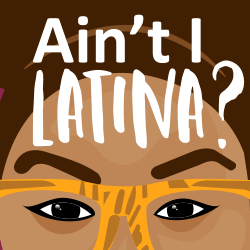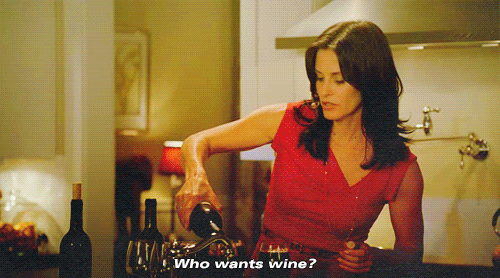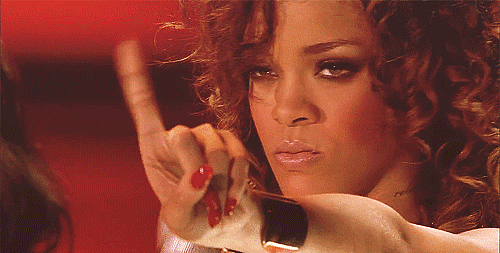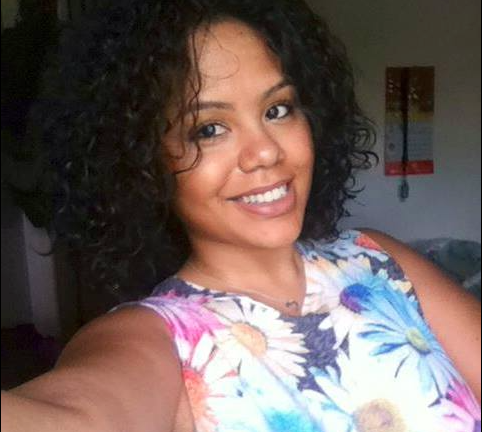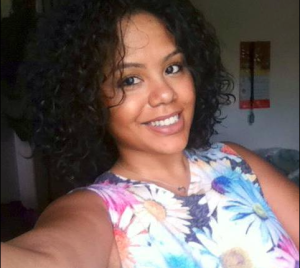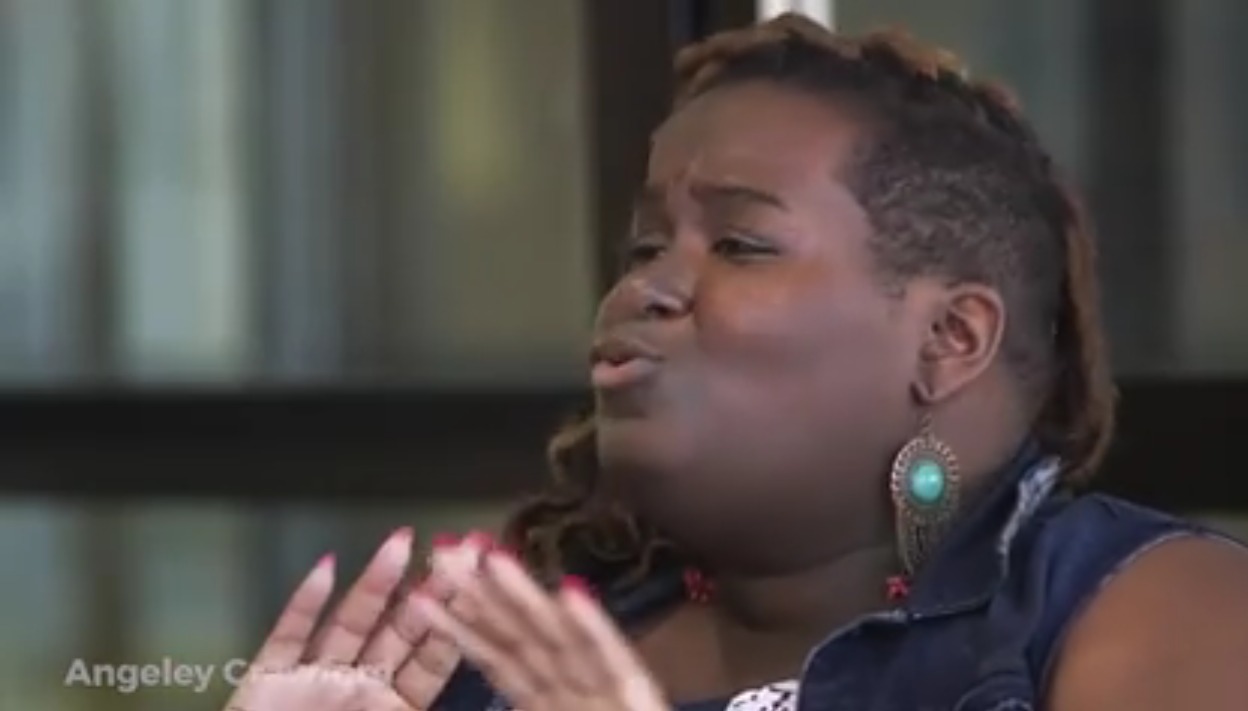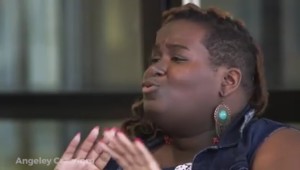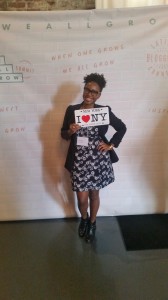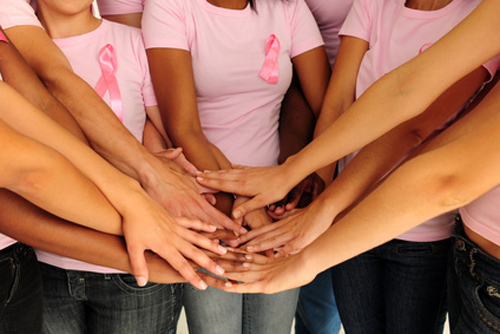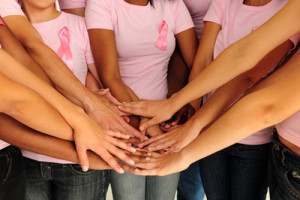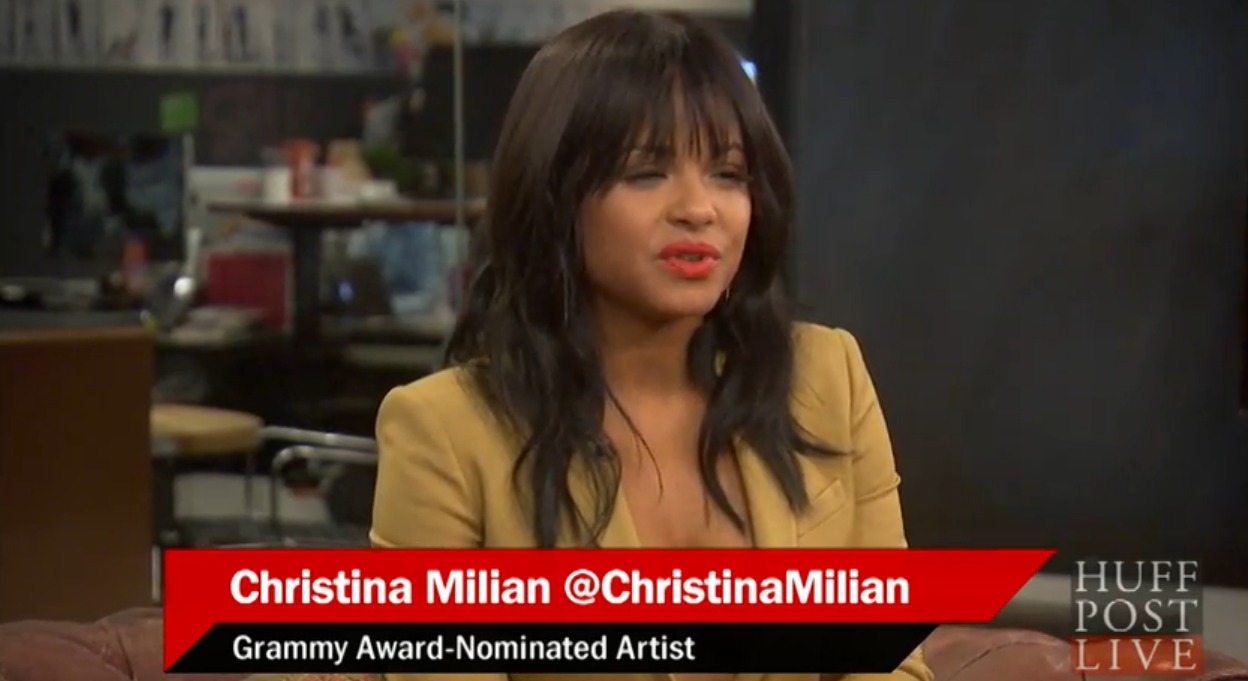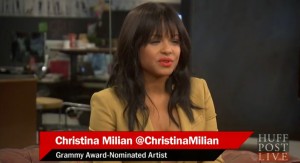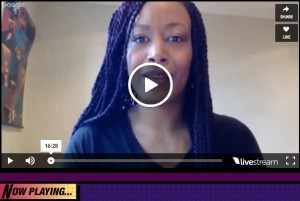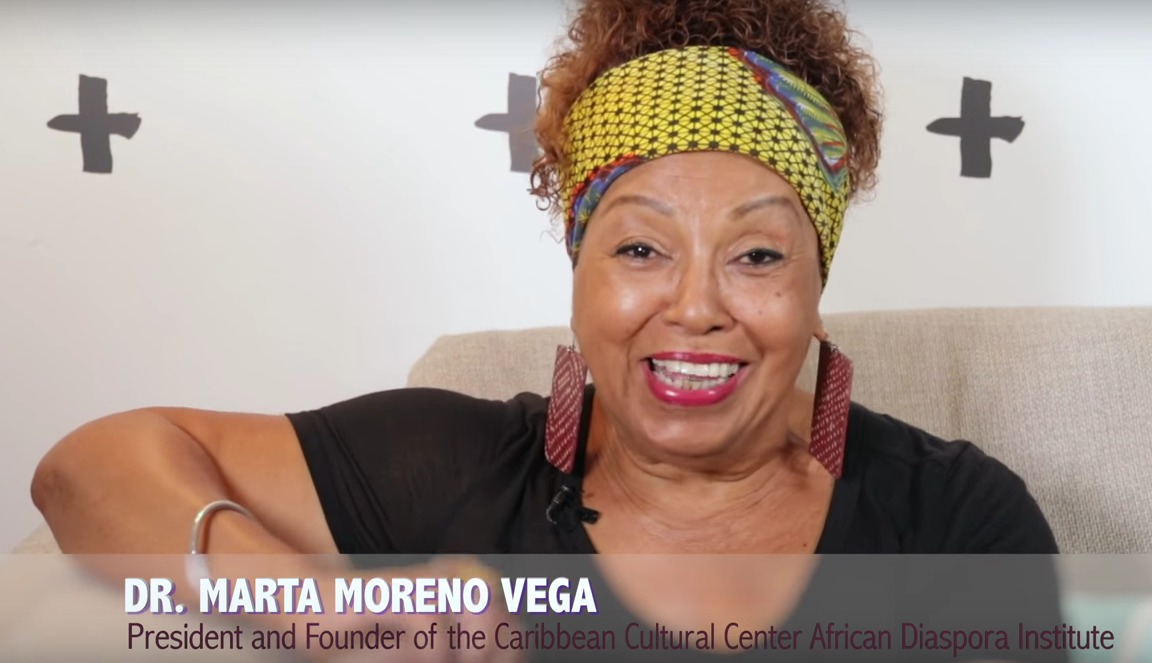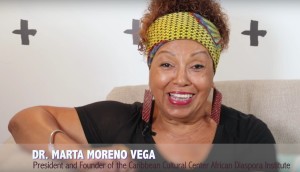
(Image: Miniskirts & Microphones)
It’s been a few years since I’ve watched iconic NBC variety show Saturday Night Live in its entirety. However, news that billionaire business man-turned-Republican front-runner Donald Trump will host SNL is no less irritating and offensive.
Trump has climbed the polls on a racist, misogynistic and xenophobic platform. The controversial candidate has insulted and belittled Latinos and women, among other groups, regularly. While Trump hasn’t effectively articulated his policies on education, the economy and foreign relations, he’s let us know time and time again his stance on immigration and race relations with every remark. Allow me to refresh your memory, briefly:
April 14, 2011: “I have a great relationship with the Blacks.” (Via The Atlantic)
Nov. 25, 2014: “Sadly, because President Obama has done such a poor job as president, we won’t see another Black president for generations!” (Via Twitter)
June 16, 2015: The U.S. has become a dumping ground for everybody else’s problems. When Mexico sends its people, they’re not sending their best. They’re not sending you. They’re sending people that have lots of problems, and they’re bringing those problems with us. They’re bringing drugs. They’re bringing crime. They’re rapists. And some, I assume, are good people.” (via Donald Trump Presidential Announcement)
Now that you’ve gotten a taste, or reminder, of Trump’s comments, I’ll say this: Blame in the NBC-SNL-Trump debacle is less on Trump and more on the network. Trump is being Trump. Who many Latinos are pointing the finger at is NBC.
It’s no secret Trump has a very good relationship with NBC. NBC has housed The Apprentice franchise since it launched in 2004. NBCUniversal publicly ended its ties with Trump in June after statements he made about immigrants (see above), replacing Trump with actor and former California governor Arnold Schwarzenegger, who will now host Celebrity Apprentice when the show returns in 2016.
“Due to the recent derogatory statements by Donald Trump regarding immigrants, NBCUniversal is ending its business relationship with Mr. Trump,” NBC said in a statement. “At NBC, respect and dignity for all people are cornerstones of our values.”
But what’s changed since June when NBC pressed pause on this longstanding relationship?
Producers booked Trump before promo began, so this has been in the works for some time. While pulling Trump from the show week-of would likely upset his supporters and place a hole in SNL programming, it has me thinking, at what cost will we go for entertainment?
Yes, many laugh at Trump’s ignorance. But from a comedic standpoint—one in which the show stands—I can’t see the value in placing him in numerous sketches. This is a 90-minute show and Trump playing Trump…ehh.
Most importantly, however, is the blatant disregard for the power of protest. Yes, SNL can choose how it will respond to organized and digital disapproval, but protestors delivered more than 522,080 signatures to 30 Rock and SNL exec producer Lorne Michaels. Still nothing, no response.
Organizers such as the National Hispanic Media Coalition and Campaign for Fair Latino Representation have been very vocal about Trump hosting SNL.
“The problem is that Saturday Night Live is not a news organization,” said Alexander Nogales, president and CEO of NHMC. “It is a cultural pop giant, and by having him on and Ha Ha Ha and Hee Hee Hee, all they’re doing is legitimatizing his views.”
NBC has agency here to choose.
The Latino viewer is super valuable for networks. There are more than 50 million Latinos living in the U.S. making us the single largest ethnic group, according to the U.S. Census Bureau. Our purchasing power is over $1 million. If the feedback and jarring comments aren’t enough, this business figure is something SNL, NBC and its sponsors should pay great attention to.
The hours after the show will be very telling for SNL and how it values the voice of diverse communities.
Ain’t I Latina? asked you what you thought about Donald Trump hosting SNL. A majority of you that responded, 86%, voted to “Get him off SNL.” Let us know what you think in the comments section below!
